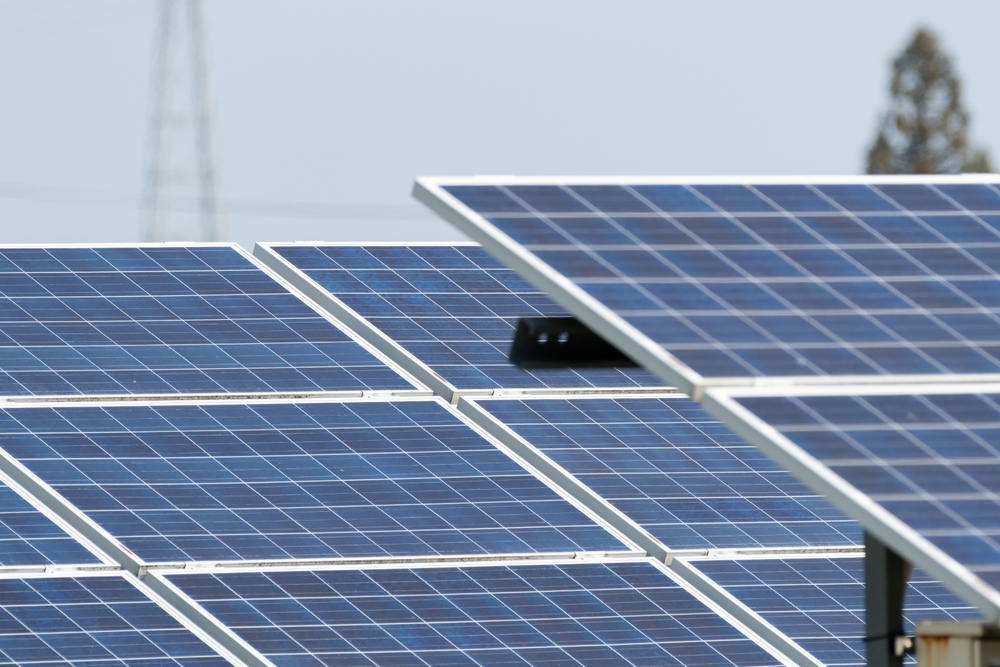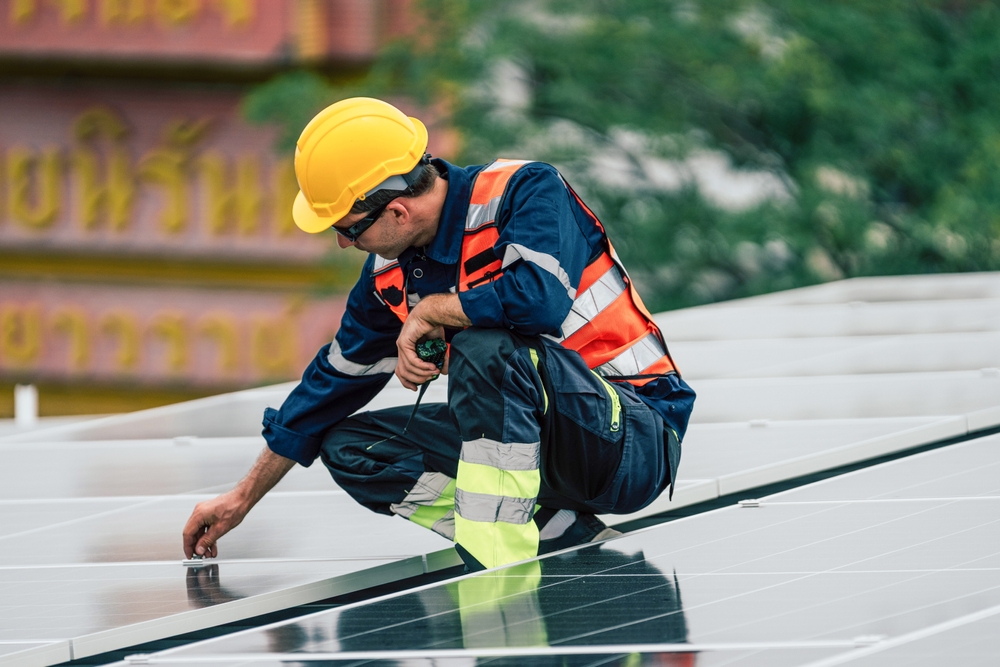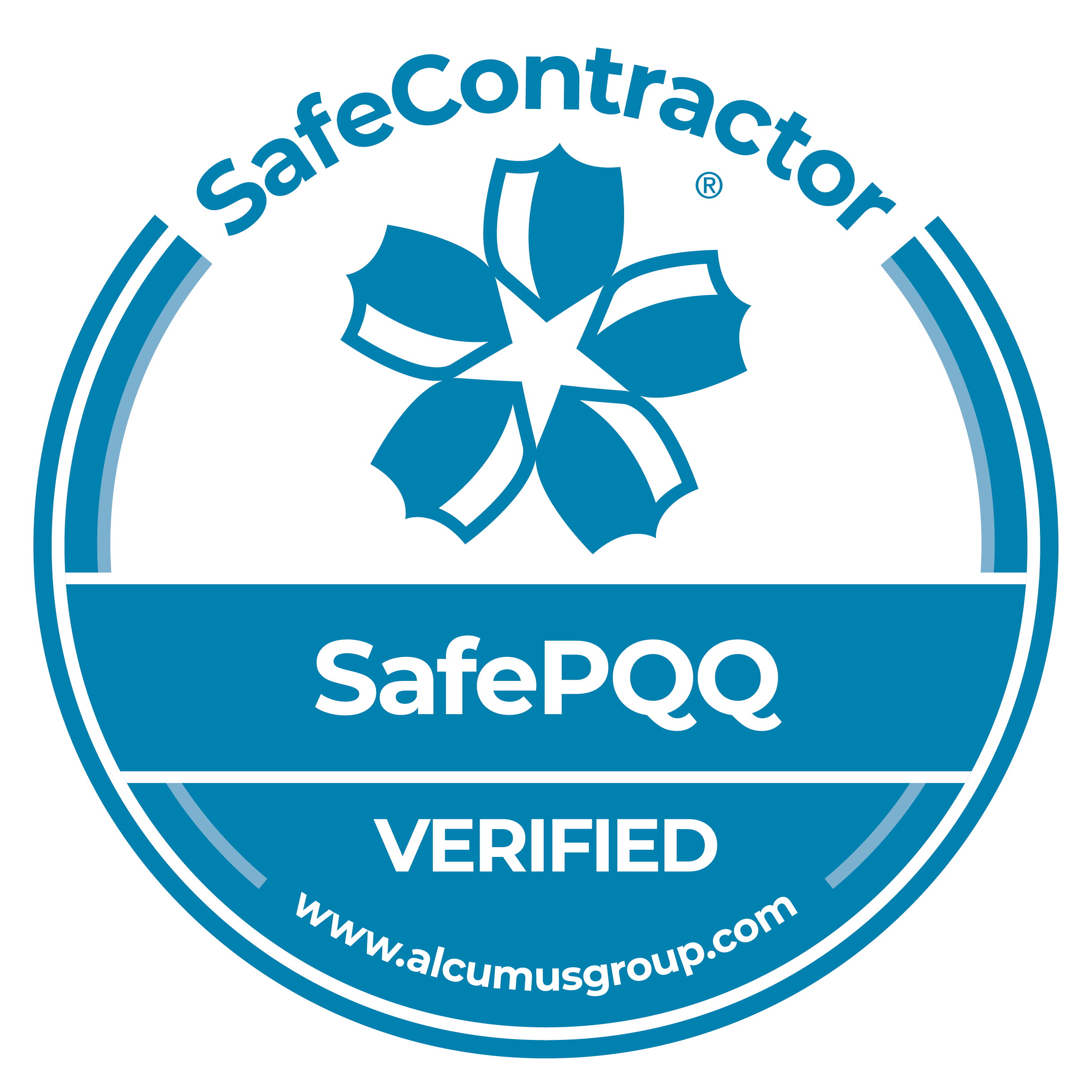How to Prepare Your Somerset Home for Solar PV Installation
Switching to solar power is one of the smartest moves any Somerset homeowner can make. But before your panels start generating clean, renewable energy, a little preparation can make a big difference. While solar PV systems perform exceptionally well across Somerset, your home needs to be properly set up for safety, efficiency, and long-term performance.
Many people think the process starts on installation day. In reality, success begins weeks earlier with planning, roof checks, and minor adjustments that ensure your investment runs smoothly for decades. Whether you live in a Taunton townhouse, a coastal cottage in Burnham-on-Sea, or a country property near Glastonbury, getting ready properly helps your system perform at its best from day one.
Here’s everything you need to know about preparing your Somerset home for solar PV — from your roof to your electrics, and from shading to choosing the right installer.
Why Somerset Homes Are Perfect for Solar PV Systems
Somerset enjoys a great balance of sunshine and mild weather, making it one of the most solar-friendly counties in the UK. Even with its coastal climate, Somerset receives enough daylight hours to generate consistent renewable energy all year long.
Panels don’t need blazing sunshine to work. They capture both direct and diffused light, which means even on overcast days, your system continues producing electricity. You can learn more about how this process works in How Do Solar PV Panels Generate Electricity.
Homes in Somerset are often ideal for solar setups thanks to their spacious roofs and traditional designs. Rural properties, especially barn conversions and detached homes, offer large, unobstructed roof space that’s perfect for energy generation. Even smaller urban homes can benefit, especially if they have a south-facing roof or minimal shading.
To understand how solar PV differs from other renewable options, visit What Is a Solar PV System. It breaks down how panels convert sunlight into usable power, helping you choose the right setup for your property.
Step 1: Check If Your Roof Is Ready for Solar Panels
Your roof is the foundation of your solar investment, so it must be in good condition before installation begins. While solar panels are relatively light, they still need a stable surface that can safely hold the mounting frames and wiring.
Look for early signs of wear:
· Broken or loose tiles that could shift under brackets.
- Sagging beams that might require structural support.
- Moss, dirt, or heavy debris that could interfere with drainage or positioning.
Somerset’s older homes, particularly stone or slate-roofed cottages, often benefit from a pre-installation inspection to ensure longevity. You can see how mounting systems work in How Are Solar PV Panels Installed on Roofs.
Step 2: Assess Shading, Orientation, and Sunlight Exposure

Solar performance depends heavily on how much light your panels receive. Start by checking your roof’s direction and any potential sources of shade. South-facing roofs perform best, but east and west-facing ones also generate strong output in Somerset’s mild climate.
Be mindful of nearby chimneys, dormer windows, and trees that may cast shadows at different times of day. Even a small amount of shading can impact your panel efficiency.
If your roof has partial shading, consider optimised systems that use micro-inverters or power optimisers, which ensure each panel performs independently. Learn more about realistic production rates in How Much Electricity Do Solar Panels Produce Per Day in the UK.
Step 3: Review Your Home’s Energy Usage and Goals
Before installation, take a closer look at your household’s electricity usage. Are you looking to reduce bills, become energy independent, or support an eco-friendly lifestyle? Understanding your goal helps your installer design a system that fits your needs.
If your power usage peaks in the evening, consider adding battery storage later. This allows you to store excess energy generated during the day and use it at night. The What Size Are Solar PV Panels guide explains how system capacity and panel size influence your overall energy yield.
For homeowners planning to install electric vehicle chargers or heat pumps, preparing your electrical infrastructure now will futureproof your setup and save on additional costs later.
Step 4: Prepare Your Electrical System for Solar PV
Solar PV connects directly to your electrical circuits, so your home’s wiring needs to be safe and modern. A qualified electrician should inspect your consumer unit (fuse box) and existing wiring before installation.
If your property is older, an electrical upgrade may be recommended to handle the additional current. Some homes also benefit from integrating smart meters and monitoring devices to track how much power is generated and used in real time.
This step ensures your new system works seamlessly with the grid and allows you to make the most of your solar energy. To see how panels turn sunlight into electricity, visit How Do Solar PV Panels Generate Electricity.
Step 5: Understand Planning Permission and Local Regulations
The good news is most Somerset homes won’t need planning permission for solar installations. Under permitted development rules, panels can be fitted without approval — as long as they don’t significantly alter the building’s appearance.
However, if your property is listed or sits in a conservation area, especially around Bath or Exmoor, you’ll need to check with your local authority first. Your installer can handle most of this on your behalf.
It’s also worth reviewing Solar PV vs Solar Thermal – Which Is Better to ensure you’re choosing the right technology for your home’s setup and objectives.
Step 6: Choose a Certified Solar PV Installer You Can Trust
The installer you select has a major impact on your system’s performance. Look for a company accredited by the MCS (Microgeneration Certification Scheme) and familiar with Somerset’s property types.
At Somerset Electrical, we manage the entire process — from initial assessment and design to installation and activation. Every system is tailored to your property, budget, and lifestyle.
We also help homeowners compare options, explaining warranties, maintenance requirements, and long-term savings projections clearly. For more details about sourcing equipment, visit Where to Buy Solar PV Panels.
Pro Tip: Choose Panels Built for the British Climate
Not all solar panels are equal. Somerset’s mild but variable weather demands durable panels with strong warranties and anti-corrosion features. Higher efficiency models generate more power even in cloudy conditions, giving you faster payback times.
Explore Which PV Solar Panels Are the Best to see comparisons of leading brands and features. Investing in quality now prevents costly replacements later.
Quick Checklist Before Installation
- Roof inspected and clear of damage or moss.
- Sunlight exposure reviewed and optimised.
- Electrical system checked and upgraded if needed.
- Permissions confirmed for listed or protected buildings.
- Installation date arranged with your certified installer.
Completing these steps ensures your system is safe, efficient, and built to last.
How Somerset Electrical Supports You Every Step of the Way
At Somerset Electrical, we make going solar simple, stress-free, and fully transparent. From your first consultation to final handover, we guide you through every step with expert advice and local insight.
Our specialists perform detailed roof surveys, assess shading, and handle every piece of paperwork. After installation, we continue to support you with maintenance options, monitoring advice, and access to future upgrades such as EV chargers or battery systems.
To explore success stories and expert tips, visit our news page, where we share real examples of Somerset homeowners switching to sustainable energy with confidence.

Preparing your Somerset home for solar PV is about being proactive. By checking your roof, updating your wiring, and partnering with certified professionals, you can ensure a seamless, future-ready installation. With Somerset Electrical, you’re not just buying panels — you’re investing in peace of mind, expert service, and a cleaner future for Somerset.






